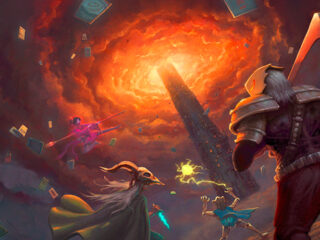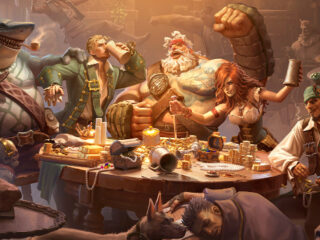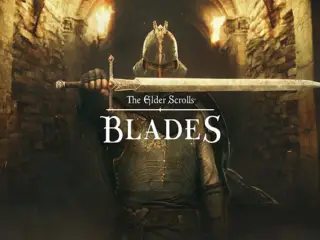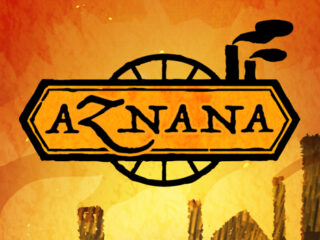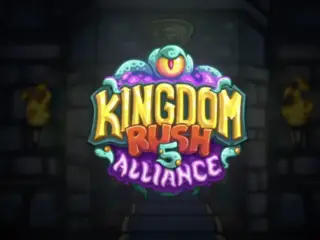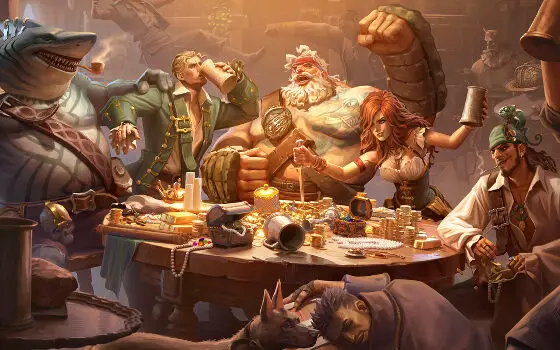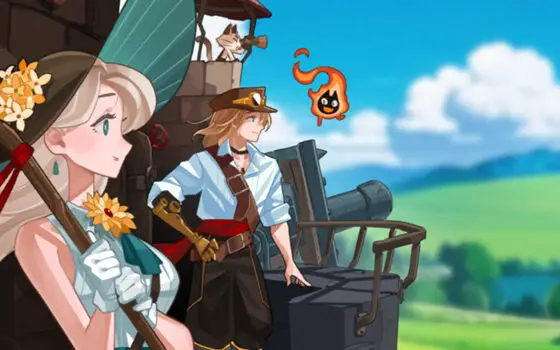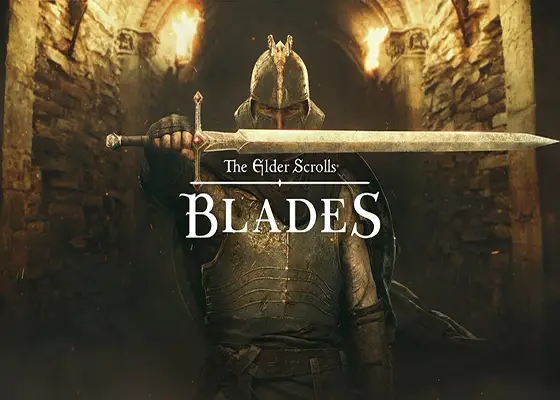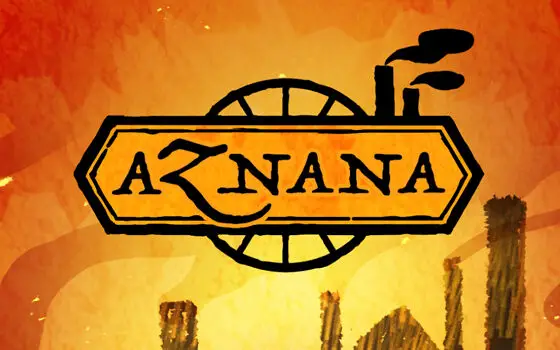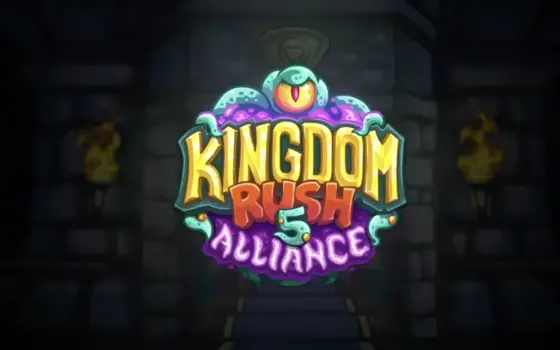From Russia with Cards
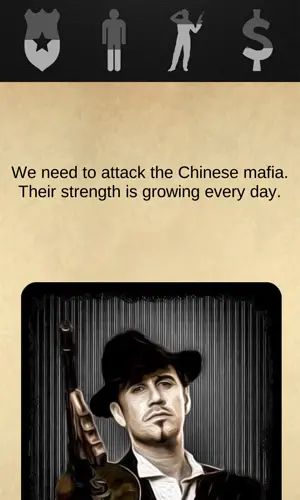
Russian developer Defas releases two kinds of products: bootleg Naruto mobile games and Mafiosi. A card-based adventure and management game, Mafiosi tasks players with running a crime syndicate in Prohibition-era America. The game offers an interactive narrative that’s, on the one hand, unique and intriguing, and on the other, buggy and random.
The gameplay is straightforward, with characters and events appearing as cards on your screen. Typically, each card presents players with two options, which they select by swiping either left or right. These decisions affect the player’s supply of four key resources: Law, Respect, Gangsters, and Money. The last two are self-explanatory, indicating your supply of henchmen and cash. Respect represents the fear and gratitude of everyday citizens. Lastly, the level of Law indicates your influence in the local government. In Mafiosi, that mostly means the number of dirty cops and corrupt politicians on your payroll.
A few other resources come into play should your character end up in prison, but they all follow the same basic principles. Running out of any resource is an instant game over, with Mafiosi explaining the exact nature of your character’s gruesome murder. Oddly, the game also kills you for having too much Money or Respect. The developers decided not to warn players about this in advance, and its explanation doesn’t really make sense. Why exactly does having maxed out Respect cause a riot? The game never provides an answer to that question.

Card Sharks
You can preview your decisions by swiping a card partway to either side. This both shows your response and which resources are affected. Notably, the interface indicates the amount but not the direction of the change. For example, a decision may indicate a small effect on Gangsters and a significant effect on Money. That may mean trading your cash for extra goons or vice versa. It could also mean gaining or losing both. You can usually rely on context clues to figure it out, but there are times when the results feel disconnected from the decision itself.
Mafiosi is an adventure game at its core, and an adventure game lives or dies on the strength of its story. And Mafiosi’s story, while sparse, is at least interesting to talk about. I said earlier that players take the role of a Prohibition-era Mafia Don, but that’s only half correct. The player quickly learns that they’re a time traveler possessing the body of a 1930s mafioso. You’ve lost your memory and have little to go on besides cryptic messages from the future. At least two different factions are attempting to alter the course of history. Their motives and the truth of their claims offer an intriguing mystery for the player to solve. However, the story is partially let down by how its presented through the game mechanics.
Sleeping With the Fishes

An excellent way to describe Mafiosi’s gameplay is to say it works when it works. It managed to keep me engaged through the end of my first playthrough. After that, however, I had trouble summoning the motivation to start over and try for another ending. Part of this was due to the bugs, of which two stood out as particularly frequent. The first is a glitch where the art for a given card gets “stuck” and appears on each subsequent card until you quit the game. The other, much more frustrating glitch was where a card would not go away after making a choice. This makes any progress impossible. Your options then are to either quit or make the same decision over and over until you eventually die.
Story progression also feels too random for my liking. Mafiosi gives you a list of 16 story objectives, but I didn’t feel like I was working toward them as much as waiting for them. Few of my actions felt like they carried me toward a goal. I just made the same generic decisions until a story event fell into my lap. I understand that Mafiosi is a card game, so players go in expecting some randomness. However, a good storytelling card game uses probability to enhance the narrative, not undermine it. Tabletop games like Arkham Horror or apps like the Reigns series can pull it off, so there’s no reason not to hold Mafiosi to the same standards.
While Mafiosi isn’t a terrible game, I walked away somewhat disappointed. The ending hints at a potential sequel, and the game kept me invested enough to be curious about where Defas is going with the story. However, by then, Mafiosi was already starting to outstay its welcome.
Is It hardcore?
I guess
Mafiosi has some neat ideas and an intriguing story but ends up being just a less enjoyable version of similar card-based games.

